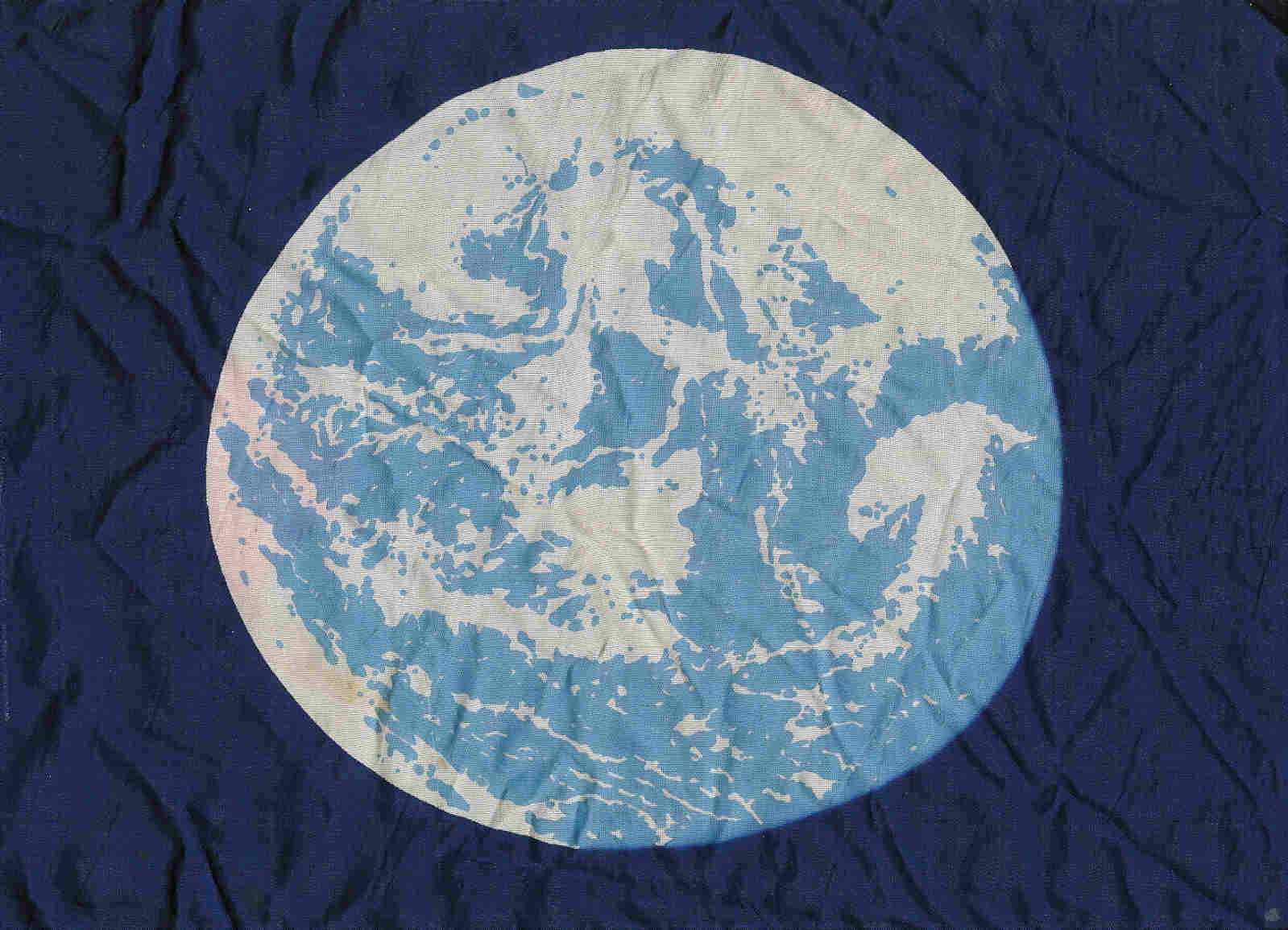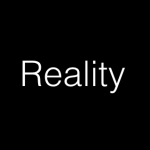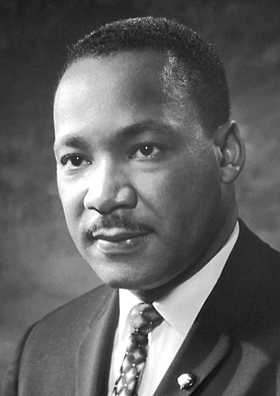
The Opposite of Hate
 There is a lot of hate about these days. And people debate what the opposite of hate may be. One thing’s for sure. Hate is not the opposite of hate.
There is a lot of hate about these days. And people debate what the opposite of hate may be. One thing’s for sure. Hate is not the opposite of hate.
We see it every night in the “news”. More hate. Once, people at least pretended to need a cause to kill. Now, for some, sheer hatred seems to be enough justification to kill and crow about it. Those who do so condemn themselves by their actions.
I don’t need to use the word, for everyone to know what I’m talking about.
Terrorism.
It’s the new abnormal.
And the acts of terror driven by hatred have a purpose. Their purpose is to polarise, to drive people apart, to feed conflict and chaos. Those who kill and boast about it want the world to hate back. They want a violent and hateful response. Not only against themselves, but against others nearer at hand who might be convenient scapegoats. When they succeed, it is their greatest victory. They wish to make us foreigners to each other. So foreign, that we will join them in their bloodlust. They want, ultimately, to make us like them.
Sanity would suggest that we should not give them what they want. Indeed, the only sane response is to work to build unity where the fanatical strive to sow division and dissension.
In December last year, Australia suffered its most recent onshore act of terrorism in Sydney. Three people died: one of them murdered, one the murderer, and another an innocent bystander. The ‘#Illridewithyou‘ hashtag and meme that Australians invented was a powerful response to the hate which fed the crime. It promoted the safety of members of our community who so easily might have been the target of retribution and unreasoning blame. More deeply than that it said: we will not hate. We will care.
If hate has an opposite it is such weaving of bonds of friendship and care, of love and unity.
The response had nothing of anger, of blame, of revenge. All so easy to justify in the face of outrage. But all so futile.
Foreignness has many forms. One of its most powerful forms today is the increasing polarisation of east and west. It is a gaping wound in our world.
In the west, if we want to heal this wound then maybe more is required.
The nightly portrayal of a community and belief system solely through the lens of the acts of violent fanatics can only feed polarisation. For it is a profound lie.
Even as we tell ourselves we are not so ill informed as not to be able to tell the difference between a billion fellow human beings and the acts of those who only represent themselves, our attention is only drawn to the unrepresentative outrages of terrorists. The terrorist story becomes a reality we project onto our fellow human beings, our short hand for one billion mothers, fathers, brothers, sisters: one seventh of the people on our planet. We do not take the time to ask anything else. What are their fears and hopes? What, their experiences? How does the world look, in all its complexity, through their eyes?
When we ask such questions we begin to see the gaping void in our knowledge. Time is needed to fill this void. Time and effort is needed to listen. To remove the invisible gags that silence deeper conversations. Conversations that likely we need to have to defeat the hatred that gnaws at the edges of society. It is easy to fear the unknown. And it is hard to love complete strangers. Especially if the only data we have is an unrepresentative and violent lie.
I cannot speak about the east with confidence. I do not live there. But perhaps looking back towards the west, it is not so different, and the caricatures which turn an incomplete truth into a larger lie are just as powerfully at work. After all, we are all human. Why should it be any different?
And we live on one planet.
As always the question of our times remains the same.
How do we make our planet whole?
Image: Hatred by Ben Slow Graffiti in Shoreditch London Creative Commons wikipedia commons.








